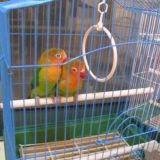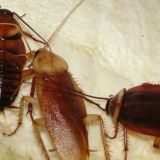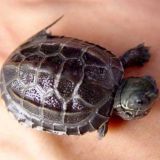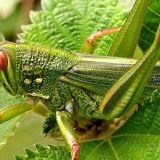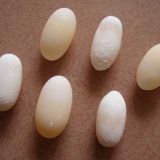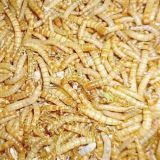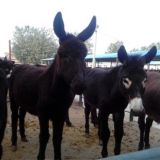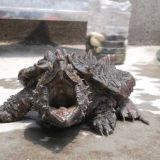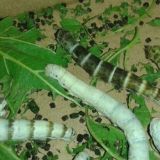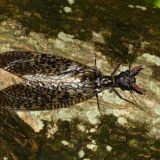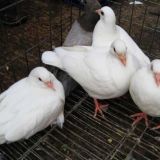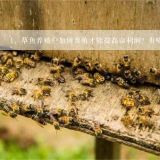如何才能提高蜜蜂的抵抗力 against diseases?

Answer:
1. Provide a healthy environment.
- Ensure the bees have access to clean water and a suitable nesting site.
- Provide shelter from extreme weather conditions.
- Avoid pesticides and herbicides that could harm bees.
2. Promote good hygiene.
- Keep the hive clean and free of debris.
- Regularly inspect the bees for signs of illness or injury.
- Quarantine new bees to prevent the spread of diseases.
3. Provide a balanced diet.
- Offer a variety of high-quality pollen and nectar sources.
- Ensure the bees have access to water rich in electrolytes.
- Avoid feeding too much sugar or honey, as it can attract pests.
4. Encourage natural immunity.
- Provide a source of probiotics, such as honey or propolis.
- Encourage the bees to collect and consume pollen from different flowers.
- Avoid disturbing the bees during their foraging activities.
5. Monitor for diseases.
- Regularly inspect the bees for signs of illness, such as lethargy, loss of appetite, or changes in behavior.
- Consult with a beekeeper or veterinarian if you suspect a disease.
- Prompt treatment can help prevent the spread of diseases within the hive.
6. Use disease-resistant or immune bees.
- Some bee breeds are naturally resistant to certain diseases.
- Consider using bees that have been vaccinated against specific pathogens.
7. Provide a safe and secure environment.
- Keep the hive away from predators and other animals that could harm the bees.
- Ensure the bees have access to a food source that is not harmful to them.
8. Use organic and sustainable practices.
- Avoid the use of chemical pesticides and herbicides.
- Use organic and sustainable food sources to feed the bees.
